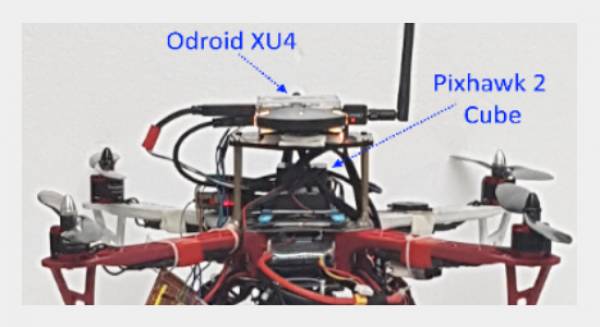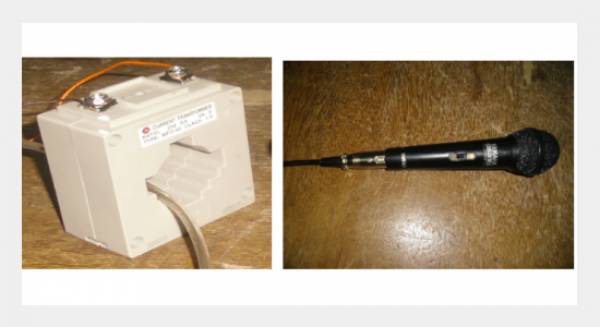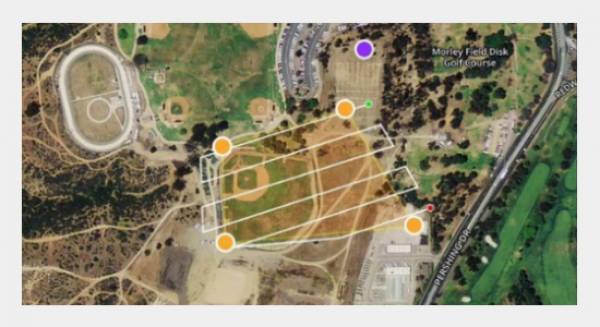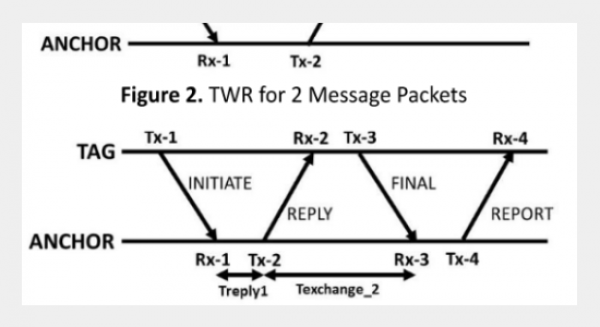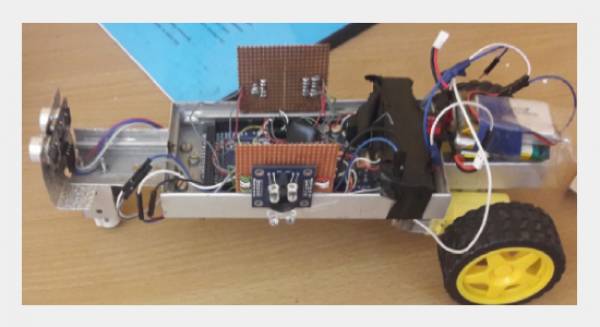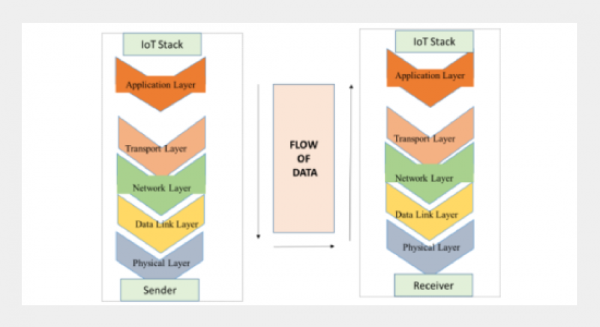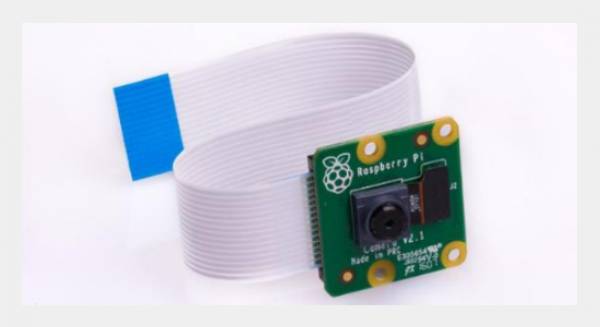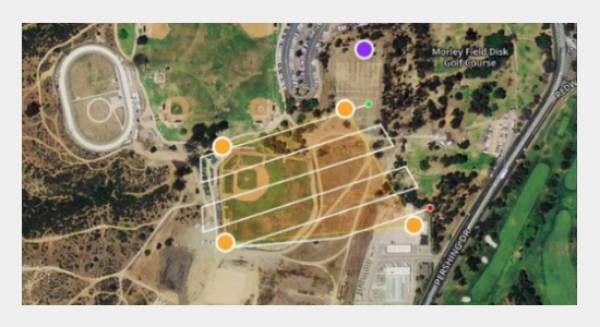Human-system interaction must enable people to interact with autonomous systems at the appropriate levels of abstraction, recognize their decisions and actions, and be able to influence them. New human-system engineering methodologies are essential to ensure that the integration of autonomous systems into society will proceed effectively and often without difficulty. To be secure, resilient, productive, and equitable in the autonomous future, autonomous systems that collaborate in the surroundings should integrate their connections and interactions via networks, the physical environment, and humans. The operational success that the autonomous human systems were intended for depends on systems engineering.
Effective human-robot interaction involves more than simply a well-designed user interface. The development of the autonomous systems themselves and the representation and application of the cognitive models that support human interaction using autonomous systems offer significant problems. It specifically concerns the specifications for planning, modelling, natural language processing, and intent inference capabilities of autonomous systems. Ambient intelligence is poised to bring about fundamental shifts in how people live. By expanding the available interface medium and enabling portable and mobile Communication free of constraining cables and stationary equipment, digital information may substantially improve the ease of human contact. Ambient intelligence eventually leads to a more enhanced human connection with advantages of enhanced convenience, time and money savings, and opportunities. This technology can significantly influence personal, commercial, and governmental operations. The advancements in ambient intelligence to date describe the motivations behind the whole digital information technology, the tools and gadgets used, and the challenges associated with executing ambient intelligence on a massive scale. This digital communication technology will have implications, most of which will be beneficial and valuable.
Autonomous systems can significantly increase human performance in tough circumstances by managing repetitive and cognitively demanding tasks. The objective of promoting collaboration between human-computer interfaces on autonomous systems is advancing technological development for better human-autonomy interaction. Specifically in the field of ambient assisted living in technologies applicable to complicated, the applied environment in which individuals frequently engage with autonomous systems. These systems include software for complex human task assistance, systems that communicate with humans, and autonomous control of mobile-based robots. This special issue seeks to create a cognitively coherent autonomous system that can collaborate with colleagues, allowing for peer-to-peer cooperation between humans, robotics, intelligent agents, and autonomous systems. Such systems would enable supervision and control, allow autonomous human systems, and lessen the cognitive demands of interactions with intelligent autonomous systems. Facilitating cooperation between researchers in autonomous and researchers in human interaction aimed to improve technology development for enhanced human-autonomy interaction. It was specifically interested in case studies and technologies related to complex, practical situations where humans routinely and intimately interact with autonomous systems.
Submit your manuscrip here -> https://review.gigvvy.com/login
This special issue will be published on the new website -> https://gigvvy.com/journals/ausmt
The range of topics includes, but is not limited to:
- Context-awareness and Agent-based approaches for Autonomous Systems
- Service-oriented architectures and Coordination of adaptation for Engineering Autonomous systems
- Prototypes and Tools for managing the adaptability of Autonomous Systems
- Mobile Computing and Pervasive informatics Pervasive informatics
- Smart home environments for Ambient intelligence
- Distributed software and frameworks for ambient intelligence
- Ambient networks and Virtual Reality of Ambient Computing
- Collaboration and Communication with embodied intelligent systems
- Squad teammates and Shipboard robotics for intelligent autonomous systems
- Training robots for complex skills of autonomous systems
- Interaction techniques of computing systems in Human Interaction
- Ubiquitous Environments using Complex Activities for Human Behaviour Monitoring Framework.
Manuscript Submission – Key Dates:
Submission Deadline: Febuary 20, 2024
Author Notification: April 25, 2024
Revised Papers Due: June 10, 2024
Final Notification: September 05, 2024
Guest Editor Details:
Prof. Nhlanhla B.W. Mlita
Director
Graduate School of Business Leadership (SBL),
University of South Africa, South Africa
Email address: This email address is being protected from spambots. You need JavaScript enabled to view it., This email address is being protected from spambots. You need JavaScript enabled to view it.
Google Scholar: https://scholar.google.com/citations?user=wnEWpX0AAAAJ&hl=en&oi=sra
Research Gate: https://www.researchgate.net/profile/Nhlanhla-Mlitwa-mlita
ORCID: https://orcid.org/0000-0001-5757-5452
Dr.Tlou Maggie Masenya
Senior Lecturer,
Department of Information Studeies,
Durban University of Technology, Durban, South Africa
Email address: This email address is being protected from spambots. You need JavaScript enabled to view it.
Google Scholar: https://scholar.google.com/citations?user=_9sRtpQAAAAJ&hl=en
Research Gate: https://www.researchgate.net/profile/Tlou-Masenya-2
LinkedIn: https://www.linkedin.com/in/tlou-maggie-masenya-82859351/
Dr.Joel Chigada
Associate Professor
Department of Information Systems
University of the Western Cape, Cape Town, South Africa
Email address: This email address is being protected from spambots. You need JavaScript enabled to view it.
Google Scholar: https://scholar.google.com/citations?user=UvUpwicAAAAJ&hl=en
Research Gate: https://www.researchgate.net/profile/Joel-Chigada
LinkedIn: https://www.linkedin.com/in/joel-chigada-phd-4b3374b7/


